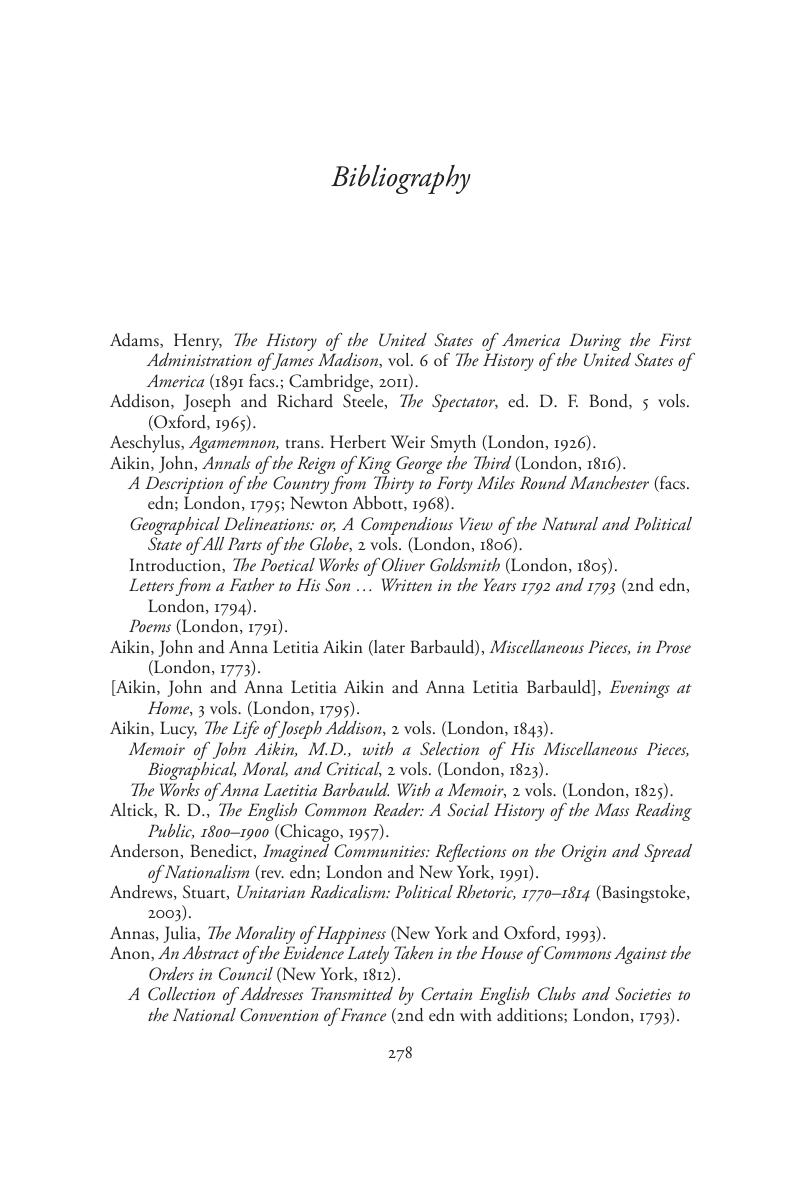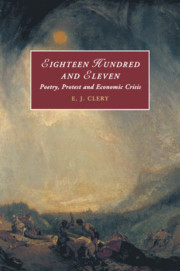Book contents
- Eighteen Hundred and Eleven
- Cambridge Studies in Romanticism
- Frontispiece
- Eighteen Hundred and Eleven
- Copyright page
- Dedication
- Dedication
- Contents
- Acknowledgements
- Abbreviations
- Introduction
- Part I The Making of Eighteen Hundred and Eleven
- Part II What Happened Next
- Conclusion
- Notes
- Appendix
- Bibliography
- Index
- Cambridge Studies in Romanticism
- References
Bibliography
Published online by Cambridge University Press: 29 June 2017
- Eighteen Hundred and Eleven
- Cambridge Studies in Romanticism
- Frontispiece
- Eighteen Hundred and Eleven
- Copyright page
- Dedication
- Dedication
- Contents
- Acknowledgements
- Abbreviations
- Introduction
- Part I The Making of Eighteen Hundred and Eleven
- Part II What Happened Next
- Conclusion
- Notes
- Appendix
- Bibliography
- Index
- Cambridge Studies in Romanticism
- References
Summary

- Type
- Chapter
- Information
- Eighteen Hundred and ElevenPoetry, Protest and Economic Crisis, pp. 278 - 297Publisher: Cambridge University PressPrint publication year: 2017



